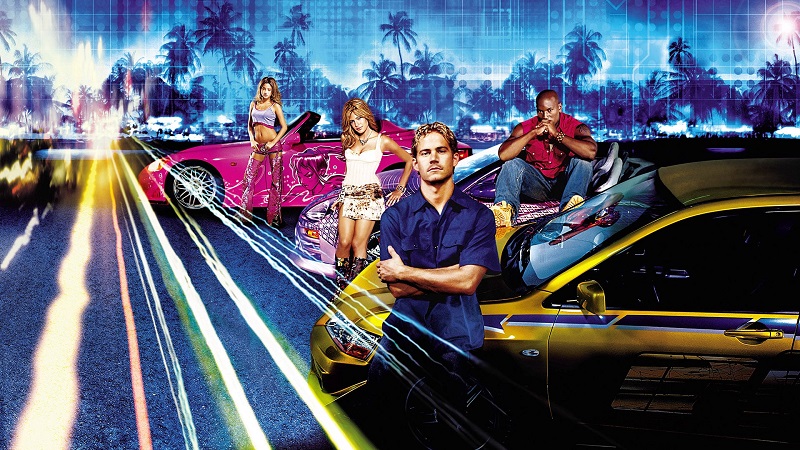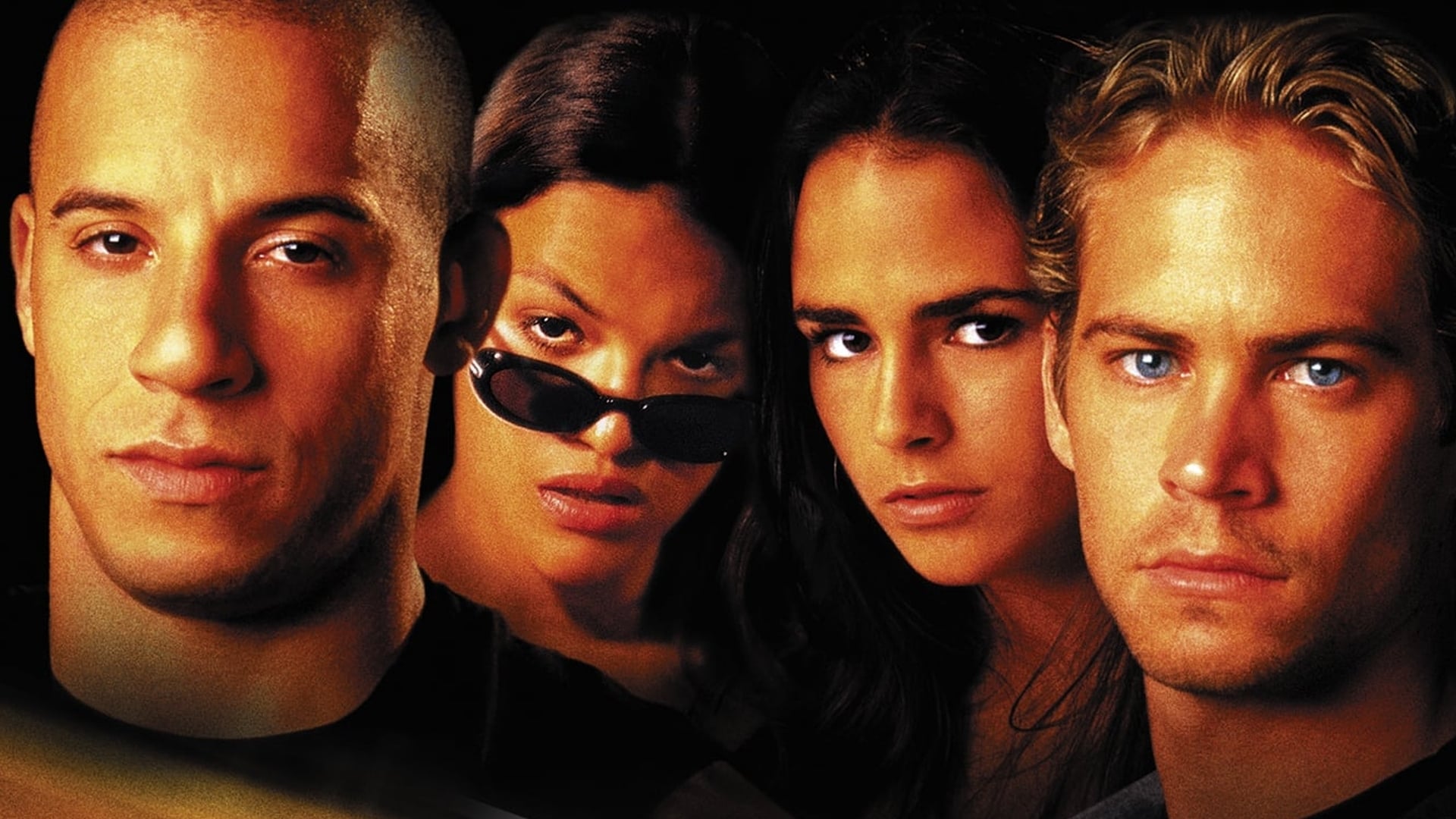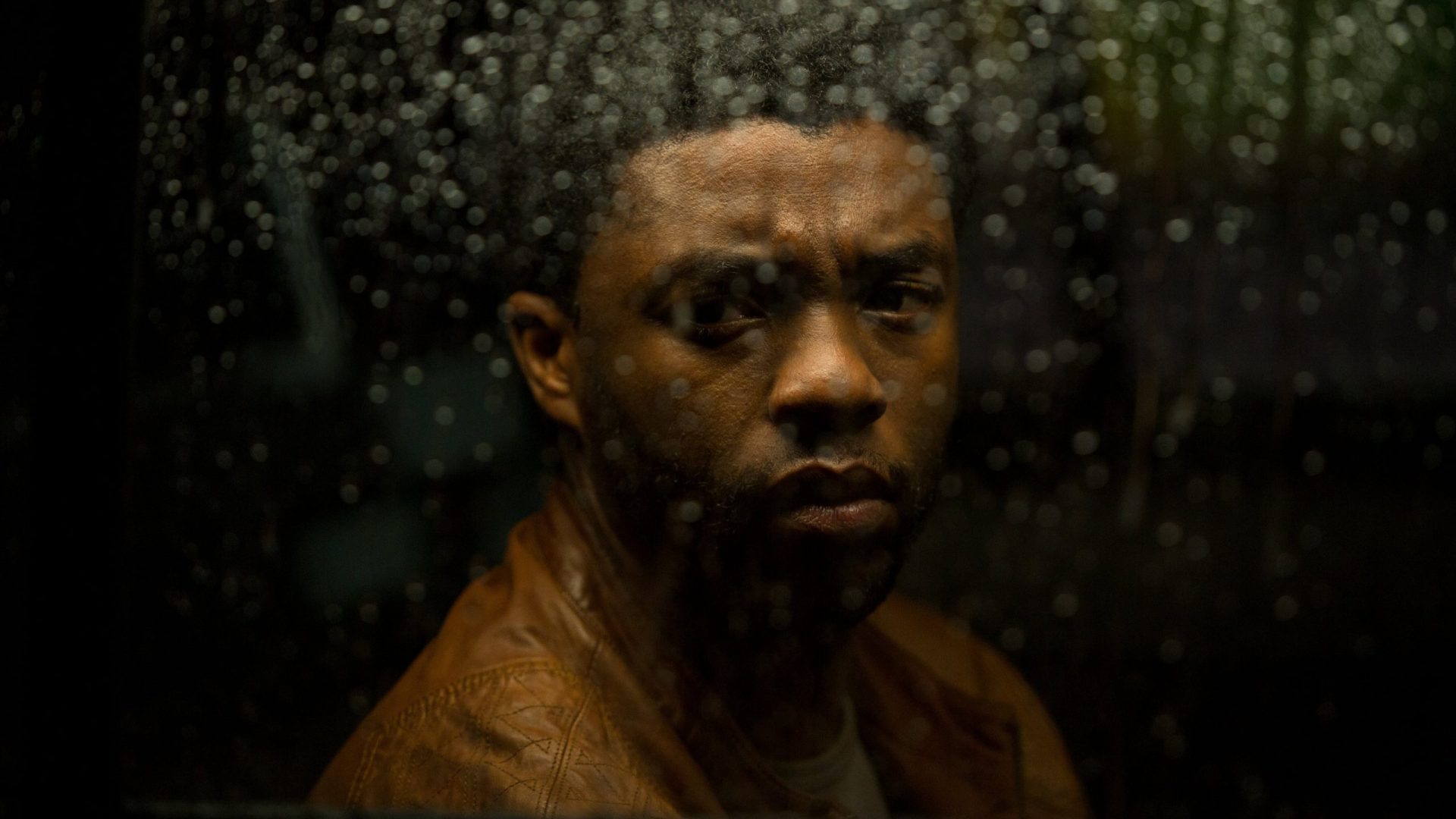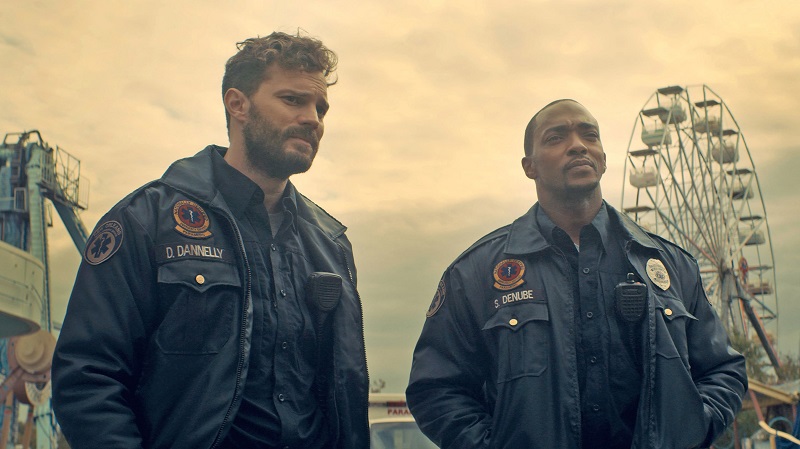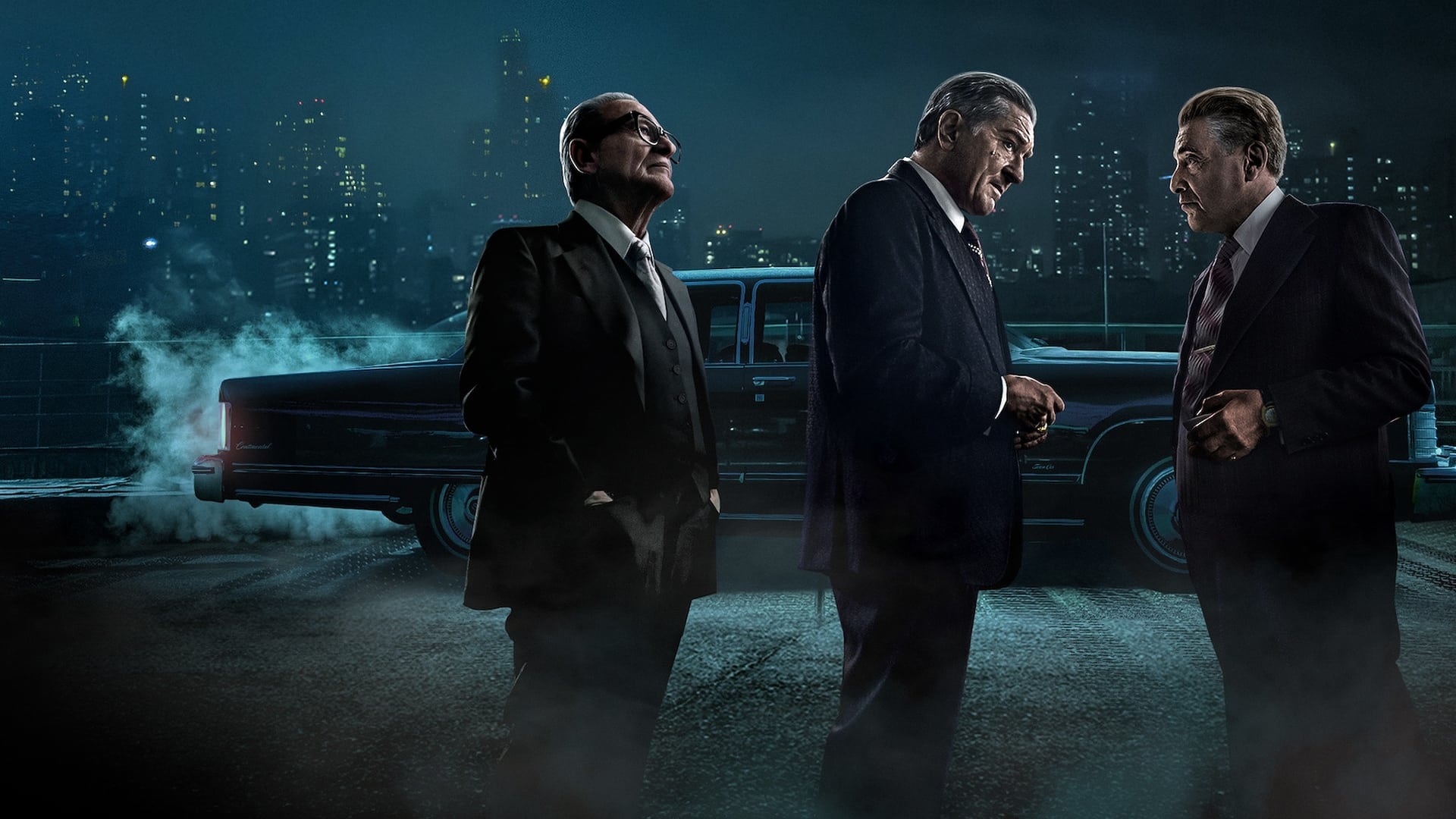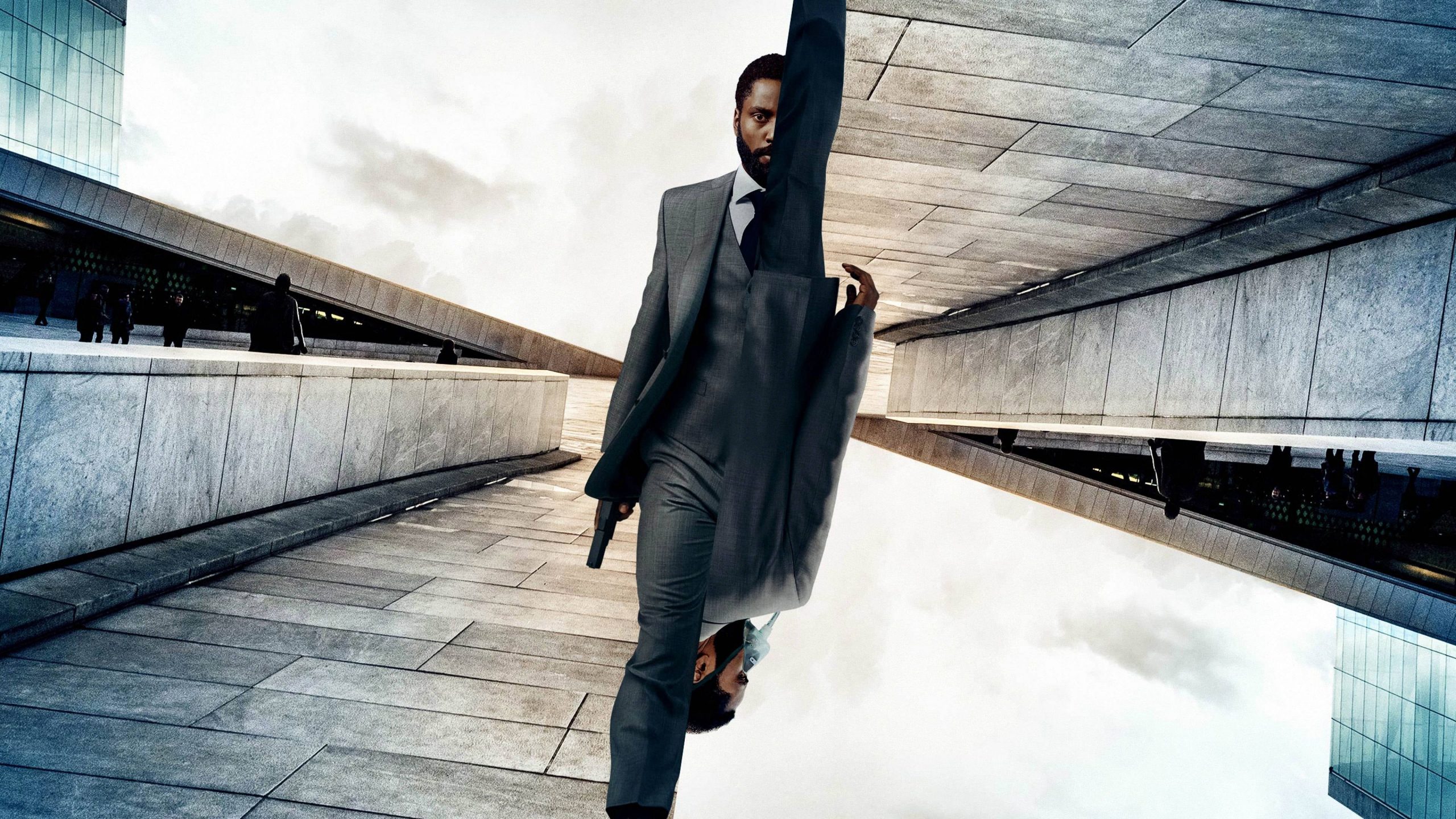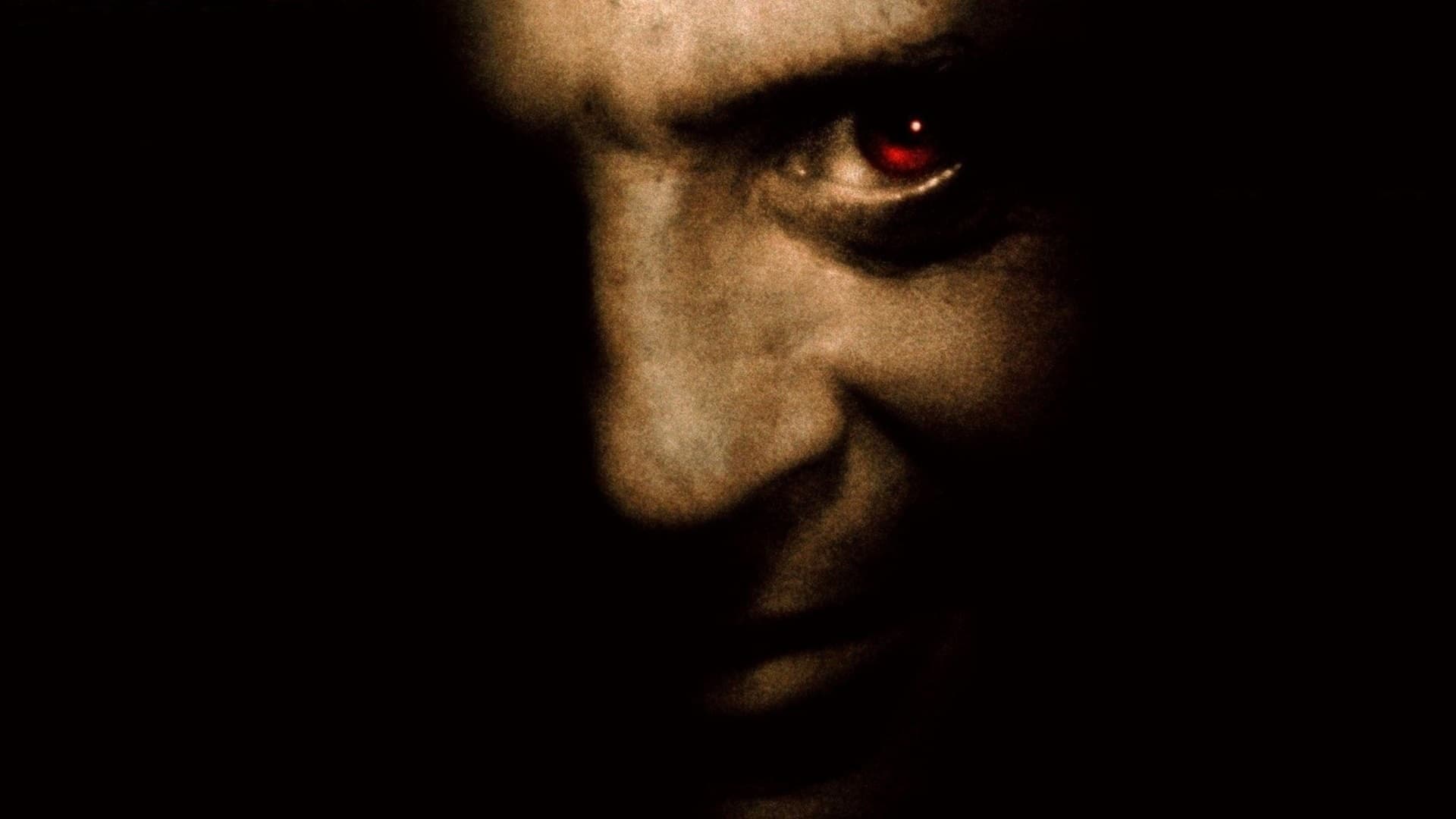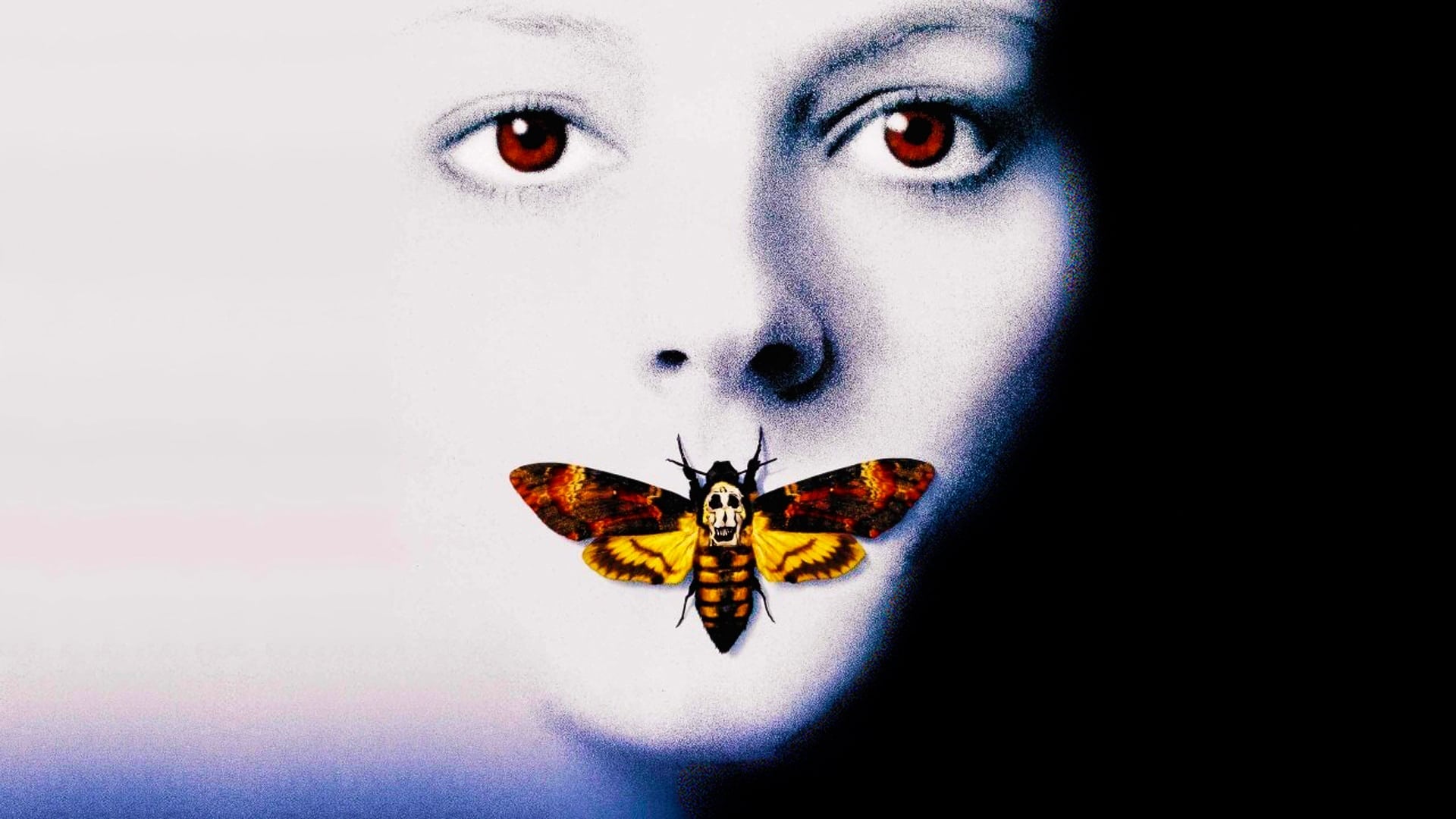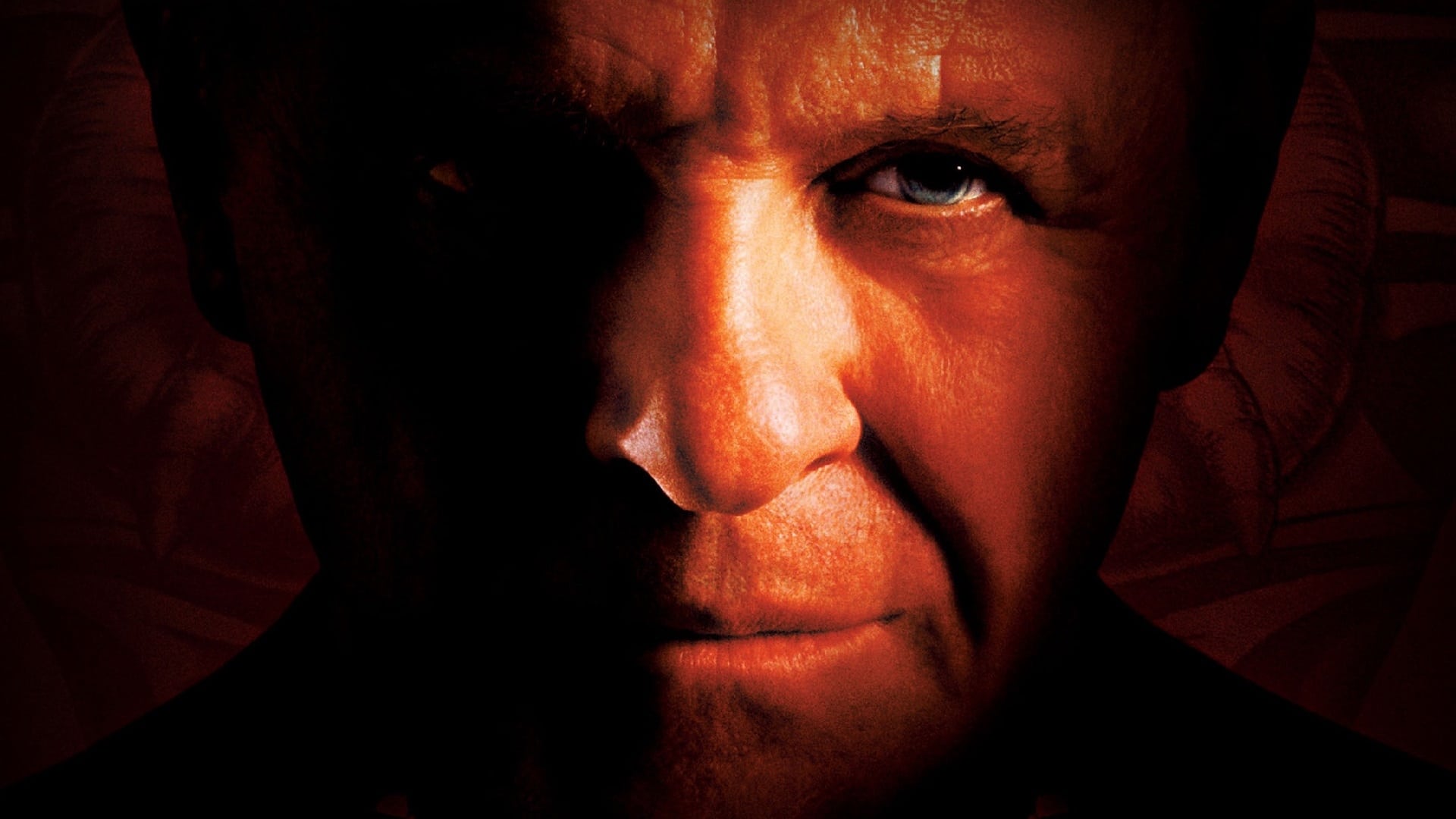The Fast and The Furious: Tokyo Drift
Year: 2006 | Dir: Justin Lin | Runtime: 104m It’s easy to conceive of a universe where The Fast and The Furious franchise simply dissipated into the ether like a puff of exhaust from the tailpipe of a 1970 Dodge Charger. The Fast and the Furious: Tokyo Drift had all the hallmarks of a direct-to-video release and a total lack of any confidence in its success on the part of Universal. With none of the stars from the first two films returning, Tokyo Drift appeared to be an attempt by a major Hollywood studio to capitalize on whatever shred of popularity they could sink their greedy little claws into. On paper, it seemed to be a Fast and The Furious movie in name only: it featured all new characters in an all-new setting with a narrative completely divorced from the movies that had proceeded it. All signs pointed to Universal trying to squeeze the last few drops of profitability from a (at the time semi-) recognizable brand name before discarding its desiccated rinds into the gutter like so much scrap metal. Tokyo Drift might very well have sealed the…

